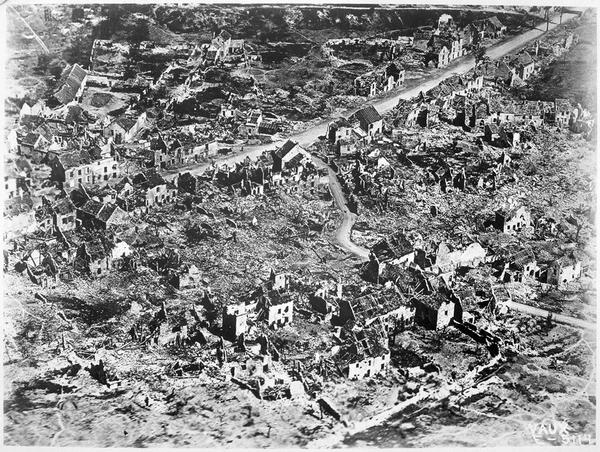In 1917, China joined the fight against the Germans in World War I, partly in hope of securing a stronger position in global affairs should the French and British allies prevail. Japan had committed to the war three years earlier, on the same side.
Liang traveled to Europe as China’s envoy to the Paris Peace Conference in 1919 and was stunned to find that Japan had outmaneuvered China once again. Tokyo had made deals with the allied powers to assume control of Germany’s China concessions. Most disturbing to Liang and the Chinese people, these “secret” deals were known to China’s president, who, in debt to Japan, had not objected. Dismayed, Liang spread news of the betrayal back home, sparking the outbreak of the May Fourth Incident.
Liang set off on a tour of Europe and was shocked by the devastation he found. Liang found himself “horrified by the postapocalyptic scenes,” and began questioning whether the Western scientific and philosophical models so idolized in China might have played a role in the tragic outcome.

